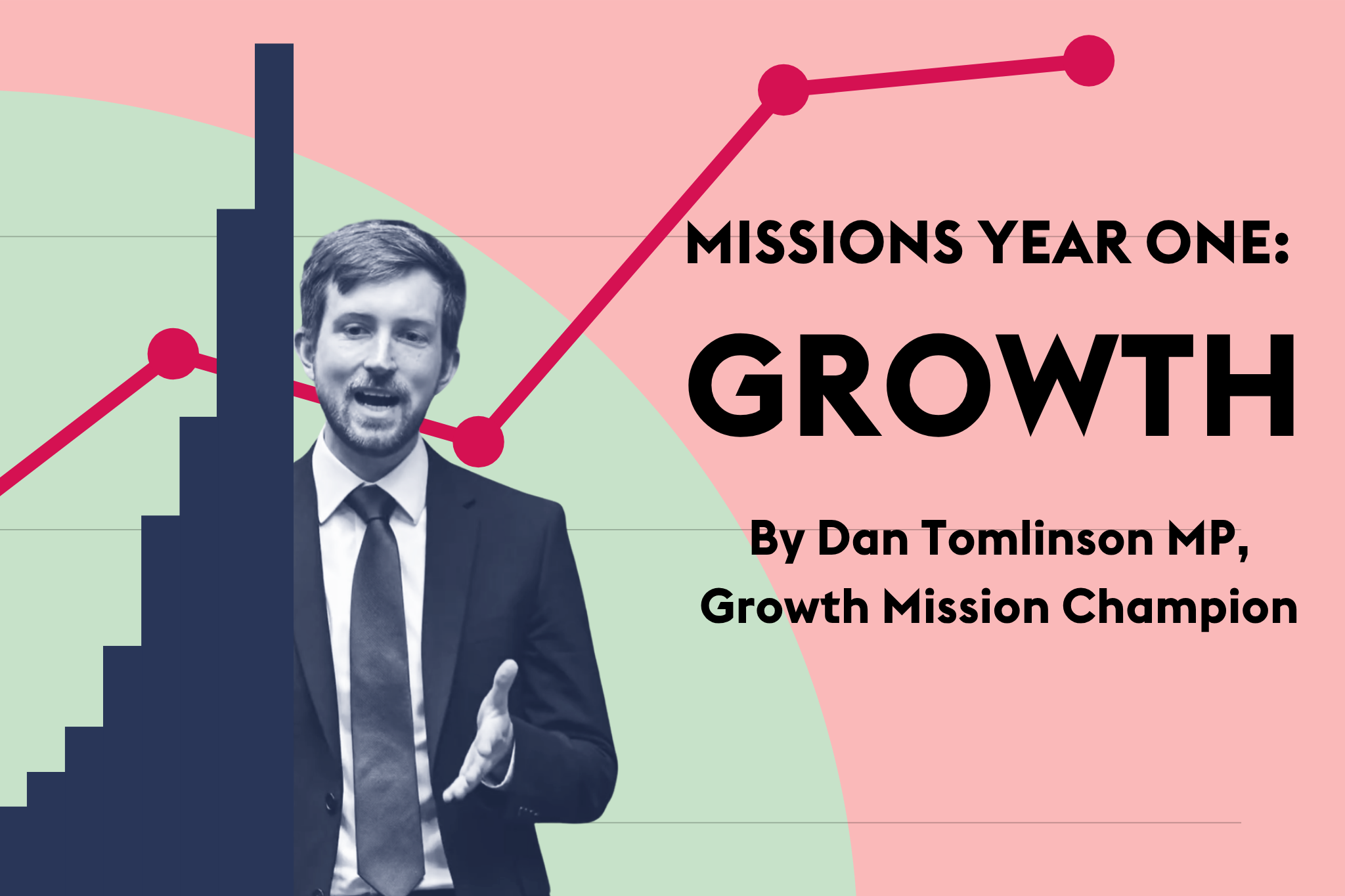

At the Women’s Budget Group, the UK’s leading feminist economics think tank, we took a moment on International Women’s Day to celebrate and take pride in our work as a team of diverse and brilliant women committed to achieving equality for all women. Having spent the week preparing for and assessing the Chancellor’s final pre-election budget through a gendered lens, we are under no illusion of the mountain yet to climb to achieve economic and therefore social and political equality.
While the Chancellor continues to claim that the UK economy has “turned a corner”, the reality for millions up and down the country could not be further from the truth. Wherever you look, the indicators are flashing red: the Trussell Trust says Food bank usage is higher than ever before. Shelter reports that homelessness is up 14%. And Citizen’s Advice says that 5 million people are now in a negative budget with their outgoings higher than their income every month.
As the shock absorbers of poverty, women continue to bear the brunt of the cost of living crisis. Because women on average do 60% more unpaid care and domestic work than men, they are more likely to be in lower paid, more insecure, part-time work resulting in a 29% average annual earnings gap, diminishing their resilience to economic challenges.
The Spring Budget offered an opportunity to rectify this and make real changes to support those who are struggling the most. Yet the Chancellor chose to respond to these flashing red lights with another pre-election tax cut, while failing to announce additional funding for unprotected departments facing real-term cuts in 2025/26.
National Insurance Contributions will be cut by another two percentage points, coming on top of the cuts already made in the Autumn Statement. Taken together, single men will gain on average close to £500 more a year than lone mothers from these cuts, and couples without children will on average gain over £1,200 more a year, while draining approximately £20bn annually from public revenues. Indeed, those earning below £12,570, 71% of whom are women, won’t benefit at all from these changes.
At the same time, this will be disastrous for our public services, especially those funded through and provided by Local Government. Councils have seen some of the worst impacts of austerity policies, with further cuts coming on top of an estimated 27% decrease in spending power for local services since 2010. Several councils have already declared bankruptcy and others have seen their provision trimmed down to the bare bones. This includes adult and children’s social care, homelessness services, youth groups, and life-saving refuges, helplines and counselling services for survivors of domestic and sexual abuse. Women’s Aid reports that 60% of referrals to refuges are turned away and 14,000 survivors of sexual violence are on the Rape Crisis waiting list.
We know that women are most affected by these cuts because they comprise the majority of those working in public services, they and the people they care for rely disproportionately on them, and it is women’s shoulders the burden falls on when they are stripped back. Our latest briefing on women and the labour market found that the proportion of women out of work due to ill health is also rising faster than for men, a trend that started in 2019 before the pandemic but which is likely to have been compounded by the economic insecurity they and their families are experiencing.
Instead of another pre-election tax giveaway which essentially transfers resources from worse-off women to better-off men, what we needed to see were policies which both address the immediate crisis and fix the structural problems underlying our economy. That means taking action to reform broken markets, cracking down on excess profits, increasing investment in public services and infrastructure, and guaranteeing that the essentials of life – energy, food, and housing – remain affordable for all.
While the Chancellor’s announcement to extend the Household Support Fund for another six months will provide some relief for both councils and those struggling to afford essentials, these short-term initiatives are not a substitute for long-term funding for councils and a social security system that is fit for purpose. The Chancellor might have dubbed this a Budget for ‘long-term growth’, but his announcements instead exposed the short-termism that has driven Conservative policymaking over the past decade and led us to this crisis.
This Budget was an opportunity for this Government – before the next General Election – to show to voters, especially women, that solving the cost-of-living crisis and restoring living standards is a real priority. Instead, the Chancellor squandered this opportunity and with it the chance for International Women’s Day 2024 to mark any real progress for women’s economic equality in the UK.
If you enjoyed this piece, see our previous blog for International Women’s Day, If Labour is serious about fixing the health system, it needs to look at the way women are treated.
Erin Mansell is Head of Communications and Public Affairs at the Women’s Budget Group. She tweets at @ErinLauraManse.
View all posts